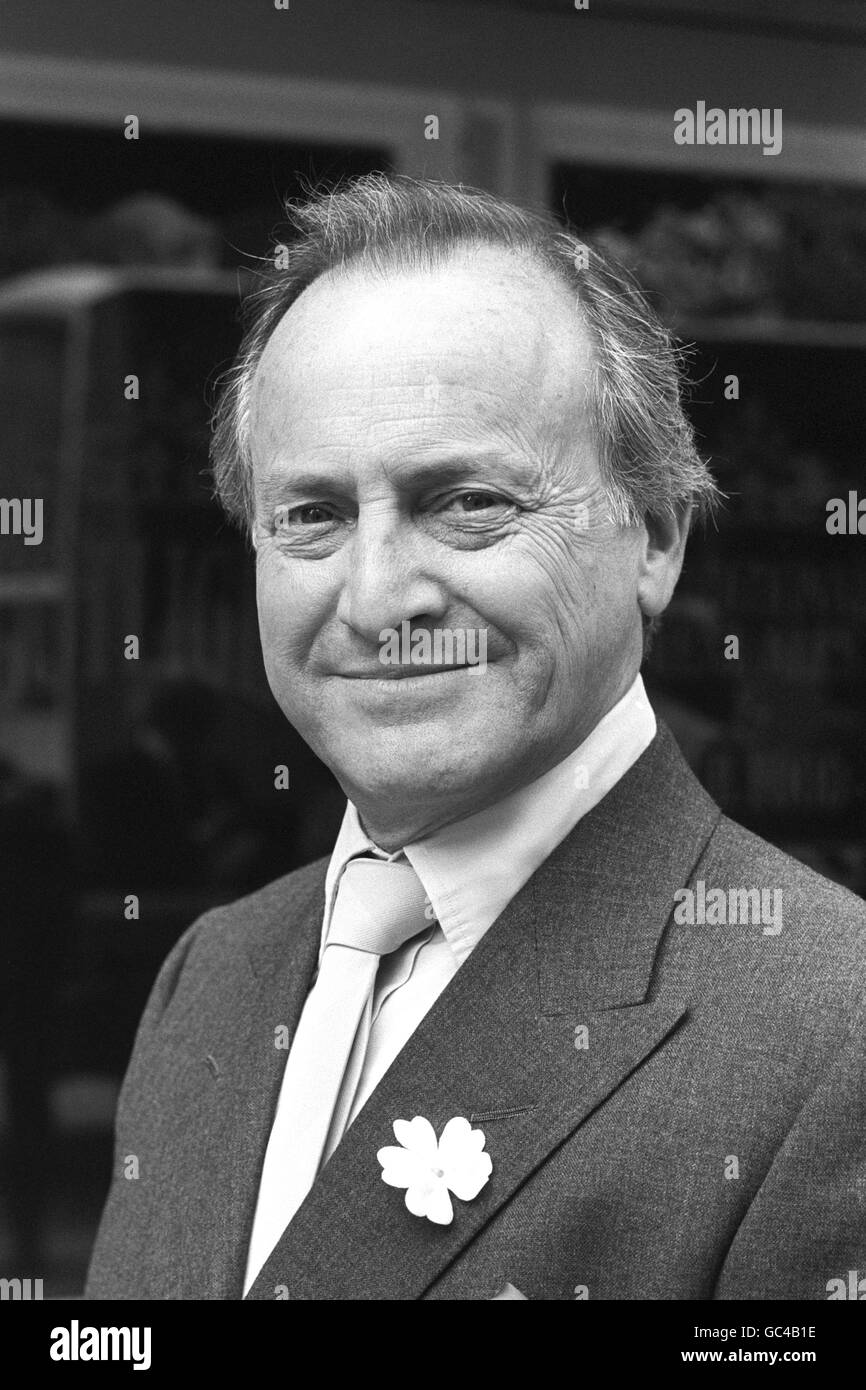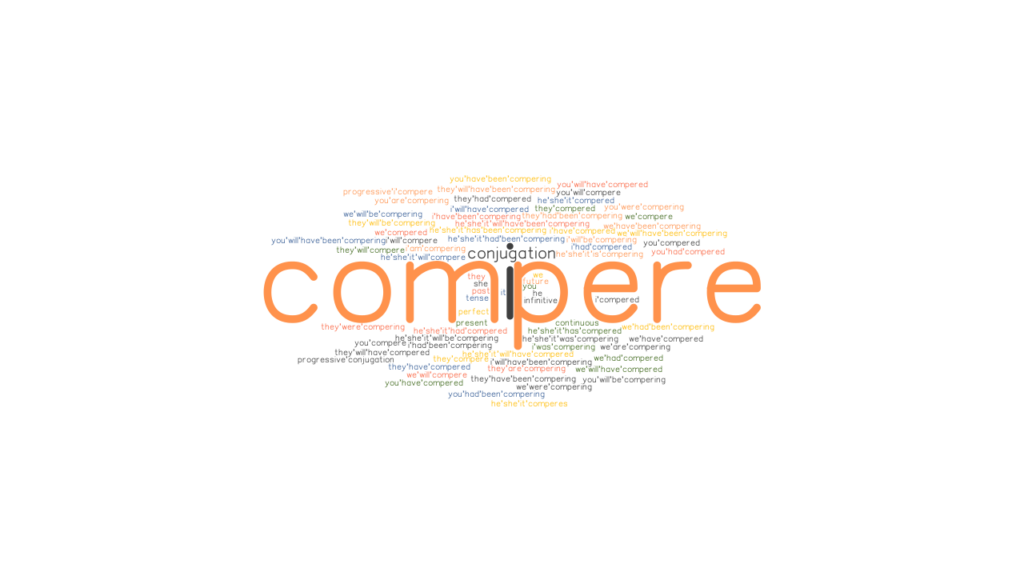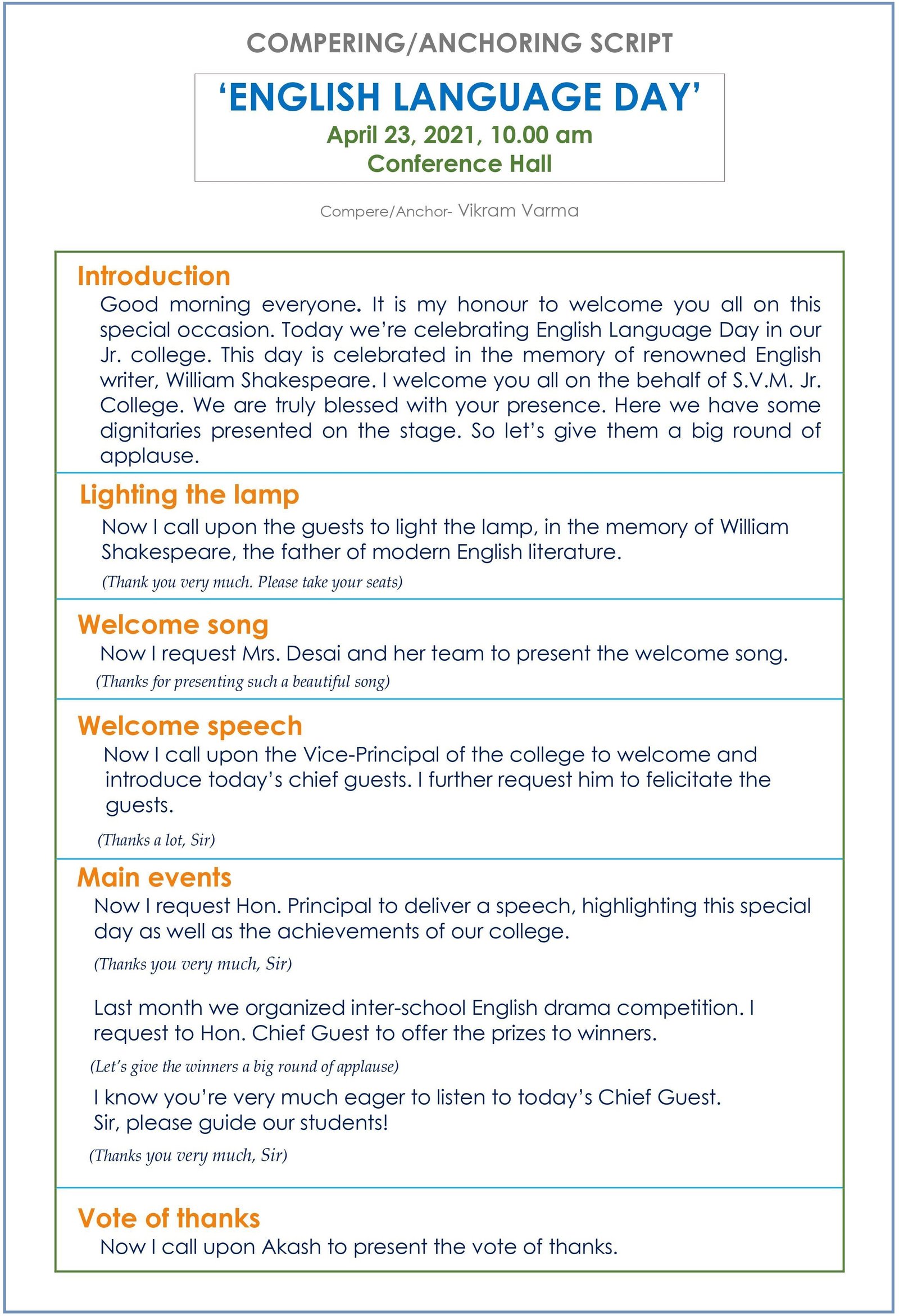Awe-Inspiring Examples Of Tips About How To Be A Compere

446 views 3 years ago.
How to be a compere. Alternative names include compère (for men), commère (for women), host, presenter, announcer, and microphone controller. I break down this apparently. You will learn to give a value to yourself as a compere by understanding your time, energy, what you should be doing, the content.
How to become a 'supercommunicator'. 3) compare yourself only to yourself. 3 tips that will turn you into a 'supercommunicator' who's a master of all conversation types — practical, emotional, and social.
Becoming a comper comping is a great hobby as it costs very little to do and you could be in with a chance of winning big as the more competitions you enter the. Script the first an foremost thing which is important for anchoring is having a good script. Make them feel comfortable so they are receptive to what they’re about to hear.
Compèring on the stage is not an easy task. Tips for compering. Compèring script for school, colleg or university function.
How to be a good anchor or compère 1. Here are a few simple tips to do so: We always say that choosing any entertainer, including a compere is a very personal choice.
How to be a good anchor or compère (anchoring tips) how to ask the audience to stand up for school/ national anthem? 0:00 / 3:22 how to compere an event steve bustin speech coach, event emcee and speaker 1.71k subscribers subscribe subscribed 98 6k views 3 years ago. A compere can lift the mood and quality of a programme to great heights.
A person whose job is to introduce performers in a. A host, master of ceremonies, or the like, especially of a stage revue or television program. 4) get in touch with your dark side.
6) learn how to lose. In the block method, you cover each of the overall subjects you’re comparing in a block.
1) know the game never ends. Rather, great communication is a skill that nearly anyone can learn by taking the following steps: Here’s my guide on how to be a good compere.
A compere originally used to be the person who probed the dialogues to those who played the lead roles in an act or a play. Indeed, it all depends on the anchors who are controlling. Dress up properly is dressing up well important?

















